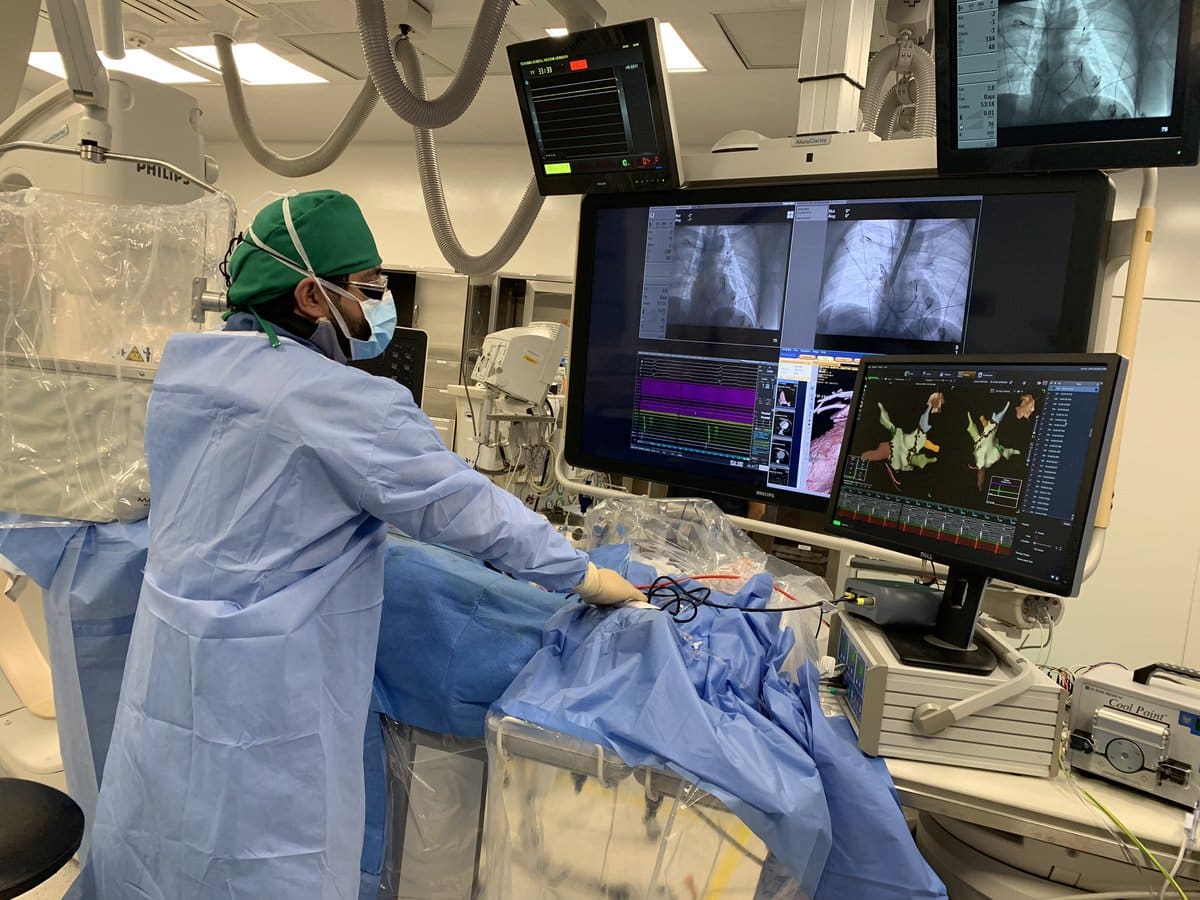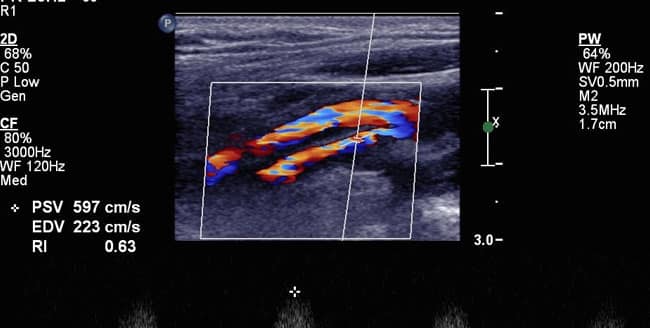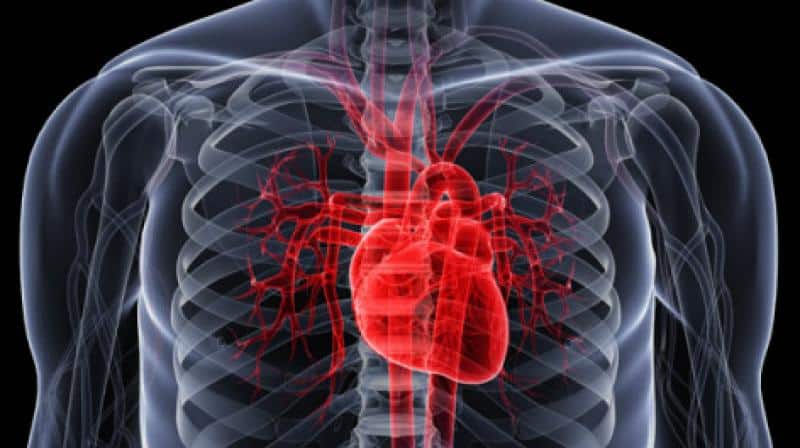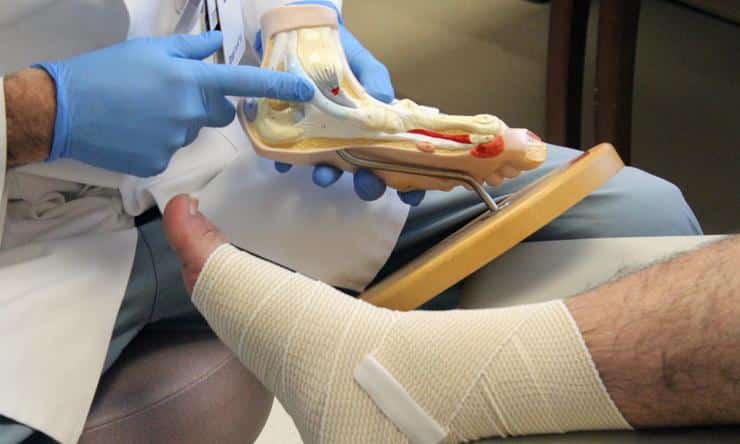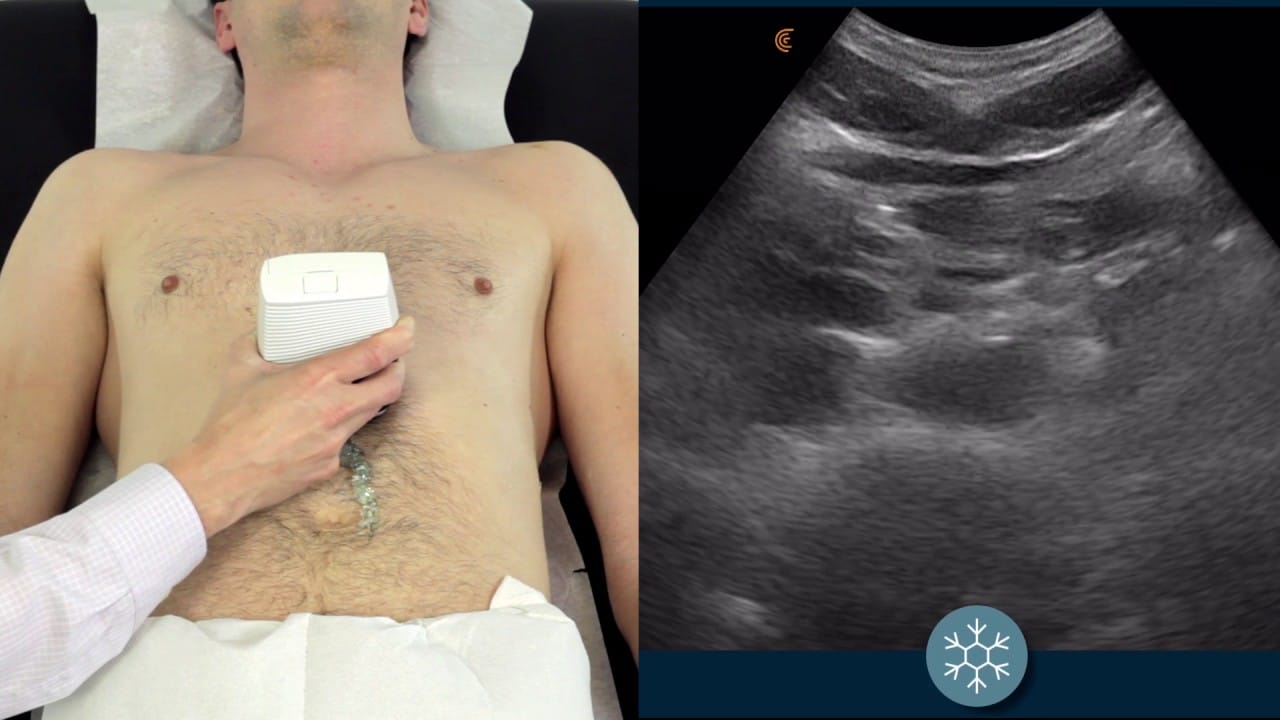Peak Heart & Vascular
Multispecialty Cardiovascular Group located in Laveen, Surprise, Avondale, Phoenix, and Flagstaff, AZ
If you have two or more chronic health problems, you might be eligible to enroll in a chronic care management program. The team of board-certified cardiologists at Peak Heart & Vascular in Laveen, Surprise, Avondale, Flagstaff, and Phoenix, Arizona, are registered with Medicare to provide chronic care management services that could improve your quality of life considerably. The friendly staff at Peak Heart & Vascular can give you all the information you need about registering for chronic care management. Call Peak Heart & Vascular today for more information or schedule a consultation online.
Chronic Care Management Q & A
What is chronic care management?
Chronic care management is a service offered by Peak Heart & Vascular that coordinates routine care for conditions that Medicare identifies as chronic, which includes heart disease and high blood pressure.
Regular chronic care management provides you with optimal quality of life as well as extending your lifespan.
What does chronic care management involve?
Peak Heart & Vascular’s chronic care management program involves the ongoing monitoring of your health and coordination of care. In addition to regular consultations, the benefits of chronic care management include:
- Regular health care needs assessments
- Preventive care services
- Medication management
- A detailed plan of care
- Management of care transitions between your health care providers
Chronic care management provides you with access to the Peak Heart & Vascular team at all times of the day and night should you need them.
Would I qualify for chronic care management?
Chronic care management is available to people who have at least two chronic health conditions. In addition to heart and circulatory problems, this includes disorders like:
- Arthritis
- Asthma
- Diabetes
- Osteoporosis
- Mental health conditions
You can manage these conditions by making lifestyle changes, and following the treatment plan, your Peak Heart & Vascular provider or other medical professional prepares for you. They all are likely to last at least a year, and in many cases, chronic care management qualifying conditions aren’t curable.
What benefits does chronic care management offer?
Chronic care management is a valuable tool that helps you minimize the effects of chronic illness on your life. Following a chronic care management plan is also an effective form of preventive cardiology, helping you avoid the complications your heart condition could cause.
Chronic care management provides you with a personalized, comprehensive treatment plan that encompasses all your health needs. The Peak Heart & Vascular team coordinates all your care, including treatment you receive at other locations like the hospital or another health care facility, your home, or a specialist provider in another medical specialty.
In addition to these services, you also benefit from remote monitoring technology. This gives the Peak Heart & Vascular team regular updates on your health and provides an opportunity for them to intervene if there are any warning signs.
How do I take part in the chronic care management program?
You need to sign up with a specific practice and agree to the terms and conditions under which you receive chronic care management.
The Medicare Advantage program, or if you have it, supplemental insurance, covers the costs of your chronic care management program. You can still benefit from the service if you’re on Original Medicare by making a monthly payment.
To find out more about chronic care management, call Peak Heart & Vascular today, or book an appointment online.

